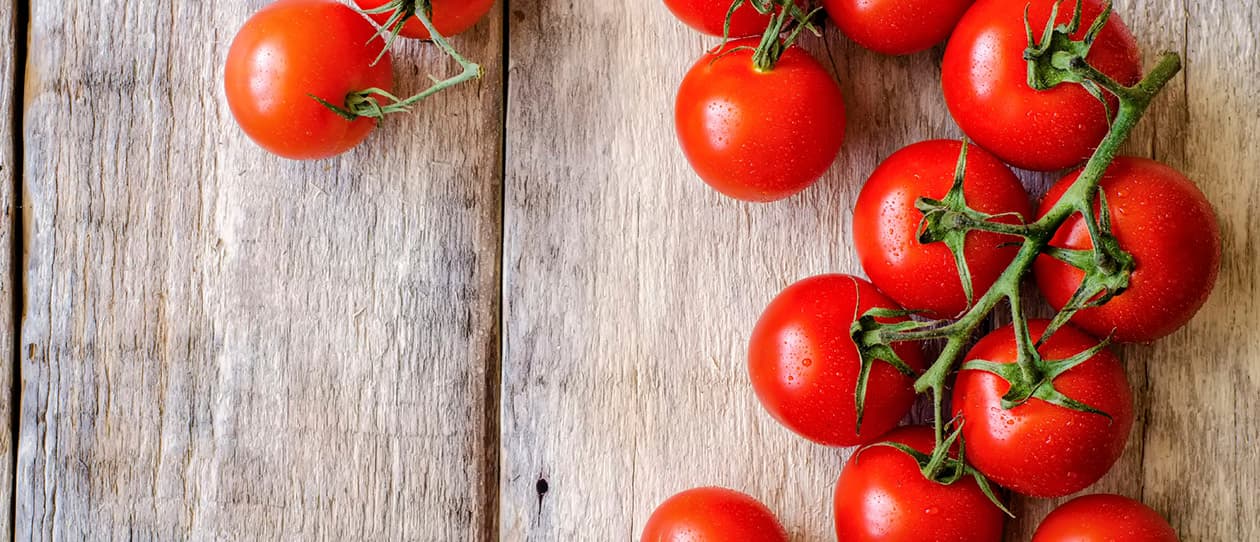
- Health hub/
- Tips & Advice on Improving your Everyday Health/
- Explore The Benefits Of An Acid Alkaline Diet


A typical western diet has been observed to increase the acid load on the modern body, when compared to a diet consumed by people in a pre-agricultural era. It appears that such a high acid intake over a long period of time may be adversely affecting our health. Chronic, meaning over years to decades, low grade acidosis can have a negative impact on bone, muscle, and kidney health.
Our body maintains a tight control of pH levels by excretion of acids through the lungs and the kidneys. While the actual decrease in blood pH and plasma bicarbonate, as a result of dietary intake is very small and often falls within the ‘normal’ range, it appears that the length of time the body is in this state of acidosis is what is significant for health.
It has been proposed that metabolic acidosis may affect the ability of the immune system to provide adequate defence. Particularly in combination with oxidative stress and a deficiency of essential nutrients, acidosis affects the rate of cellular repair, reduces cellular energy production, reduces detoxification and is associated with inflammation. The immune system itself produces acidic products through normal metabolic processes, so it is important to help balance this production as much as possible.
A metabolically alkaline diet means that food has a buffering effect on cellular chemistry. This may be surprising sometimes, given a particular food’s taste. For instance, citrus fruits are alkalising because the citrate, malate, succinate and fumarate they contain generate more than twice as much bicarbonate buffer as there is acid itself in the fruit. This makes citrus alkaline-forming in the body.
Alkalising foods include -
Most alkaline:
Umeboshi plum, pumpkin seed, lentil, onion, miso, sea weed (nori, kombu, wakame), taro root, sweet potato, lime, nectarine, persimmon, raspberry, watermelon, tangerine, pineapple.
Alkaline:
Kombucha, molasses, soy sauce, cashew, parsnip, garlic, asparagus, parsley, endive, ginger root, broccoli, grapefruit, rockmelon, honeydew, citrus, mango.
Low alkaline:
Green tea, apple cider vinegar, sesame seed, almond, potato, mushroom, cauliflower, cabbage, eggplant, pumpkin, lemon, pear, avocado, apple, cherry, peach, papaya
Lowest alkaline:
Oats, quinoa, wild rice, amaranth, most seeds, olive oil, brussel sprout, beet, celery, cucumber, squash, artichoke, lettuce, orange, apricot, banana, blueberry, raisins, strawberry, grape
Lowest acid:
Honey, butter, yoghurt, goat and sheep cheese, chicken eggs, fish, millet, brown rice, pine nut, spinach, kidney bean,
More acid:
Cottage cheese, skim milk, soy milk, pork/veal, mussel, squid, chicken, maize, barley, corn, rye, oat bran, pistachio seed, pecan, peanut, snow pea, legumes (other), carrot, chick pea, cranberry, pomegranate, mung bean, plum, tomato.
Acid:
Table salt, jelly, jam, soda, beer, yeast, hops, malt, sugar, cocoa, white vinegar, processed cheese, ice cream, beef, shellfish, pheasant, processed flour, fried food.
Consuming a diet that supplies a range of acid and alkaline foods, with the emphasis on the alkalising group is recommended. This will help to ensure that the intracellular environment remains in an alkaline state supporting healthy cellular activity, including healthy immune function.




